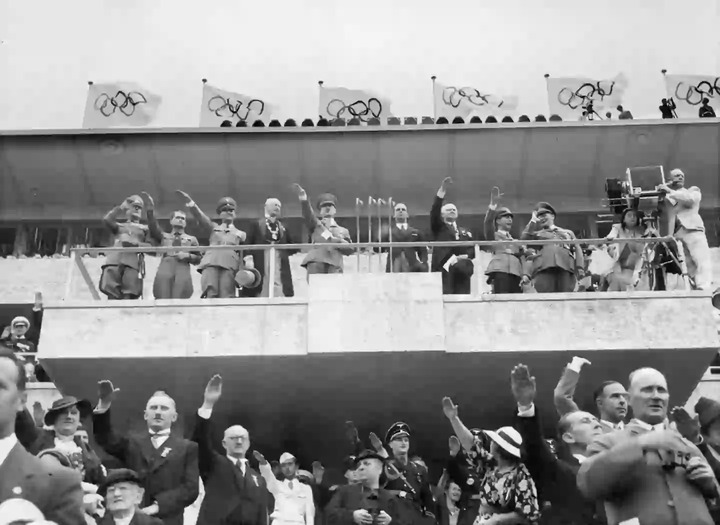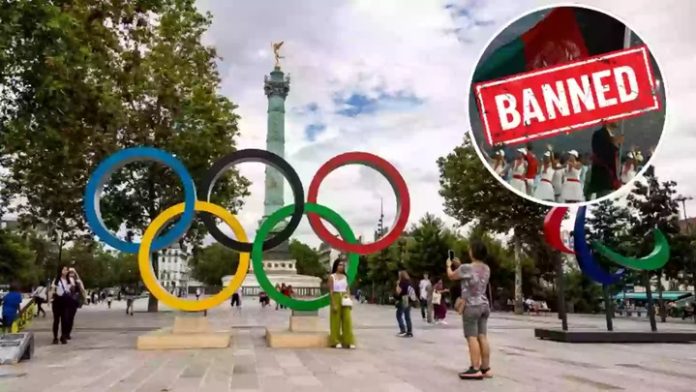Some 13 countries in one form or another have been banned from competing at either the summer or winter Olympics due to various reasons.
The American city of Los Angeles will host the next Olympics in 2028, having been the only candidate to hold it when it was decided back in 2017, when Paris was awarded last summer’s Games.
At Paris, athletes were banned from competing under the Russian and Belarusian flag owing to both nations being sanctioned following the 2022 invasion of Ukraine, which remains ongoing to this day.
Athletes from both nations were permitted to compete as Individual Neutral Athletes (INA) instead – and it is far from the first time countries have been banned from competing at the Olympics.
Countries banned from the Olympics
Russia has been banned officially from the Olympics since 2017 after the nation’s state-sponsored doping scandal came to light, though individual athletes have been permitted to compete at both the summer and winter games through various means.
Conflict has been a common reason for excluding countries from competing at the Olympics, and the two world wars led to this situation with several nations being banned from its athletes competing.
In the aftermath of the First World War, the defeated countries which formed part of the Central Powers including Germany, Turkey, Hungary and Austria were excluded from the 1920 Games, while Germany’s exclusion was extended to the 1924 edition in Paris too.

And both Germany and Japan were excluded from the 1948 Olympics in London owing to their participation in the Second World War, as was Bulgaria.
For six consecutive Summer Olympics between 1964 and 1988, South Africa was banned from competing due to the country’s racial segregation policies under apartheid.
Afghanistan was banned from Sydney 2000 because of its discrimination against women and prohibition of sports, while Zimbabwe’s forerunner state of Rhodesia was expelled from the 1972 and 1976 events due to legitimacy concerns and the IOC’s poor view of the country’s sporting facilities and groups.
In addition to this, Kuwait was unable to compete at Rio 2016 due to governmental interference, though athletes from that nation were permitted under the banner of Independent Olympic Athletes (IOA).
And India was initially suspended from the 2014 Winter Olympics in Sochi, Russia, because of governmental interference in the country’s National Olympic Committee.
However, India’s suspension was revoked midway through and the country reinstated, meaning athletes were eventually allowed to compete under the Indian flag.
